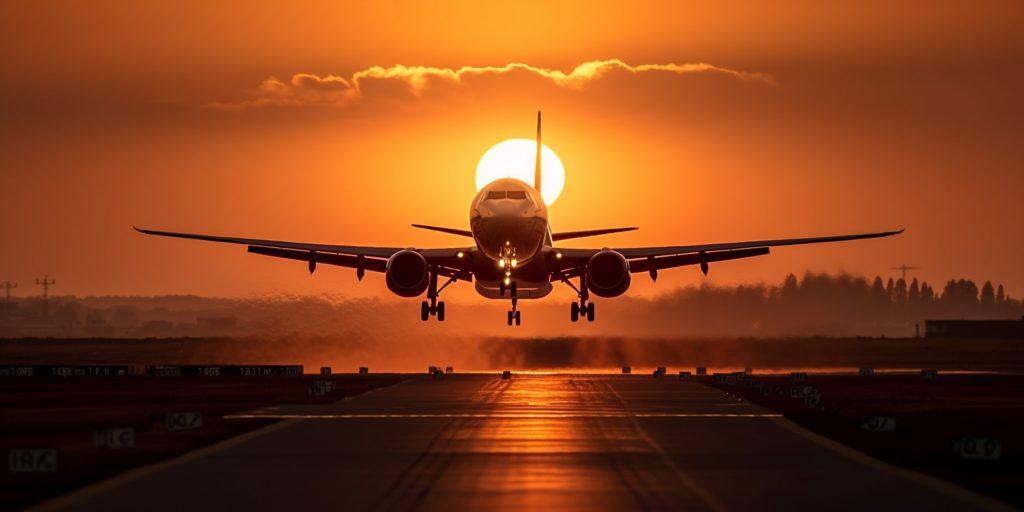Aviation The Science and Practice of Flight

Aviation The Science and Practice of Flight
Aviation is the science and practice of flight, particularly involving heavier-than-air aircraft. It encompasses the design, development, construction, operation, and maintenance of these aircraft. The principles of aerodynamics, physics, and engineering are fundamental to aviation.
Key Concepts in Aviation
- Aerodynamics: The study of the interaction between air and moving objects. Lift, drag, thrust, and weight are the four fundamental forces acting on an aircraft.
- Aircraft Design: The process of creating aircraft that meet specific requirements, such as carrying capacity, speed, range, and fuel efficiency.
- Aviation Safety: Ensuring the safe operation of aircraft through regulations, training, and technological advancements.
- Aviation Technology: The development and application of new technologies in the field of aviation, including materials, propulsion systems, and avionics.
History of Aviation
- Early Flight: The first successful controlled heavier-than-air flight was achieved by the Wright brothers in 1903.
- World Wars: Both World Wars saw significant advancements in aviation, with the development of fighter planes, bombers, and transport aircraft.
- Post-War Era: The post-war period witnessed the rise of commercial aviation, with the introduction of jet-powered aircraft and the expansion of global air travel.
- Space Age: Aviation played a crucial role in the space race, with the development of rockets, satellites, and spacecraft.
Modern Aviation
Today, aviation continues to evolve, with a focus on:
- Sustainability: Developing more environmentally friendly aircraft and propulsion systems.
- Automation: Increasing the level of automation in aircraft operations, including autonomous flight.
- Electric and Hybrid Aircraft: Exploring the potential of electric and hybrid propulsion for aircraft.
- Advanced Materials: Using innovative materials to improve aircraft performance and efficiency.
Popular Topics in Aviation
- Aircraft Types: Commercial airliners, military aircraft, general aviation aircraft, and experimental aircraft.
- Aviation Accidents and Incidents: Investigating the causes of aircraft accidents and implementing measures to prevent them.
- Air Traffic Control: Managing the flow of air traffic to ensure safety and efficiency.
- Aviation Careers: Exploring various career paths in the aviation industry, including pilots, engineers, air traffic controllers, and maintenance personnel.
Would you like to learn more about a specific aspect of aviation, such as the history of flight, aircraft design, or aviation safety?
